The CIT is Excited to be a Part of the Vanderbilt Microbiome Initiative
Microbiota are diverse and changing dynamically. The human microbiome plays an important role in our health and its composition and functionality is influenced by a variety of factors such as nutrition, environmental and pharmaceutical exposures, stress, and lifestyle. Several specific interactions between the microbiome’s and host’s metabolomes have been observed and described as co-metabolism via global, untargeted mass spectrometry analysis.1-4
Several microbiome-host interactions currently under investigation are shown in Figure 2 below. Examples for such interactions include bidirectional communication between liver and gut microbiota, in which liver metabolites influence gut microbiota composition thereby affecting intestinal barrier integrity. At the same time, gut microbiota also affect regulation of bile acid synthesis, glucose and lipid metabolism in the liver.5 Microbiome metabolites have also been shown to affect depression, anxiety, and cognition in bidirectional communication across the gut-brain axis via neurocrine, endocrine, and inflammatory signals.6
The CIT is proud to be a member of the newly established Vanderbilt Microbiome Initiative and looks forward to support collaborators in further investigating the interesting relationship and interactions between host and microbiome metabolomes. We offer full-service, streamlined workflows, cutting edge untargeted and targeted molecular omics (incl. metabolomics, lipidomics, amino acids) resources for data acquisition and analysis, and a collaborative approach that enables our collaborators to focus on what matters most to them.
For a consultation, funding application support, or custom method development, please contact us today.
To read more about the Vanderbilt Microbiome Initiative, please visit their website:
https://lab.vanderbilt.edu/microbiome/

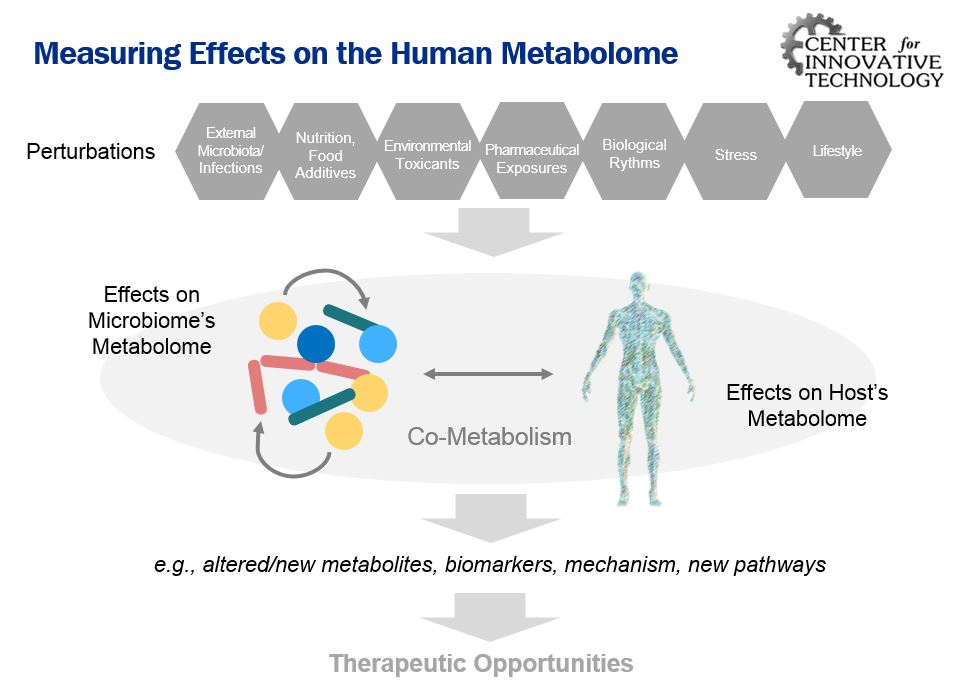
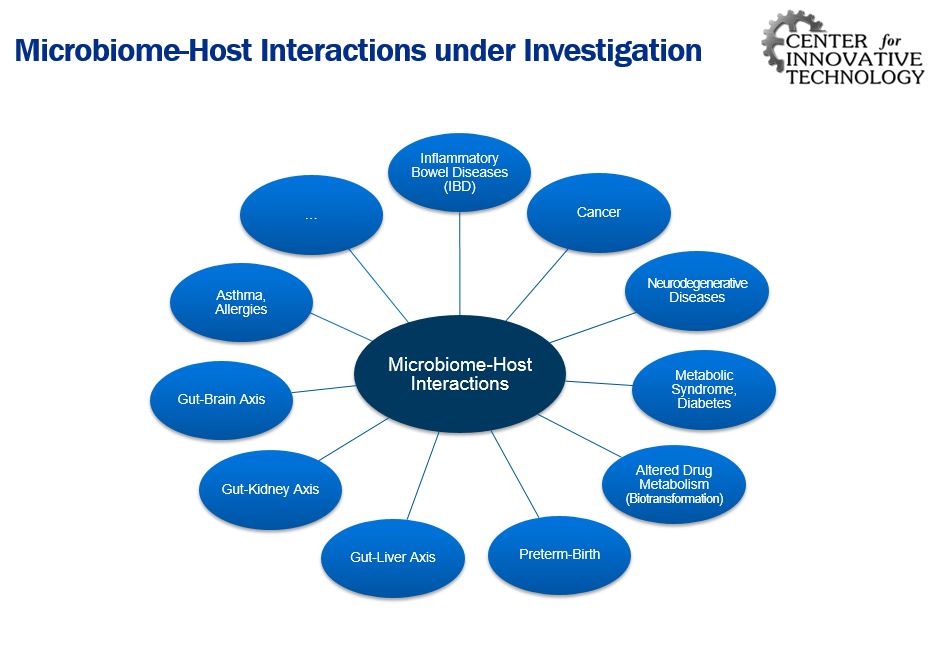
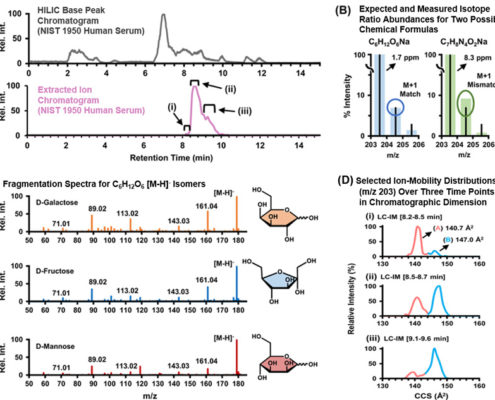
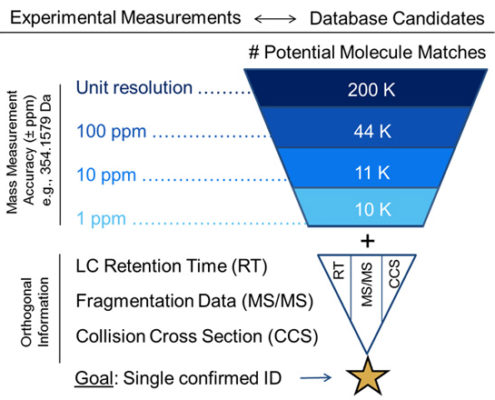

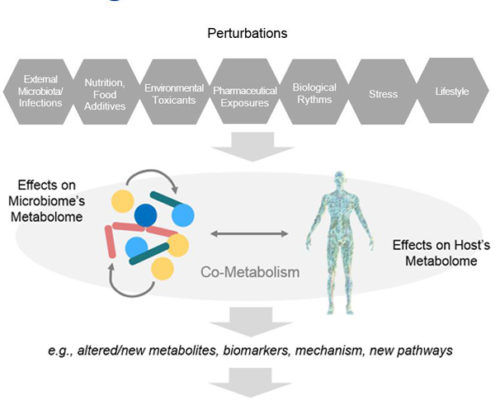
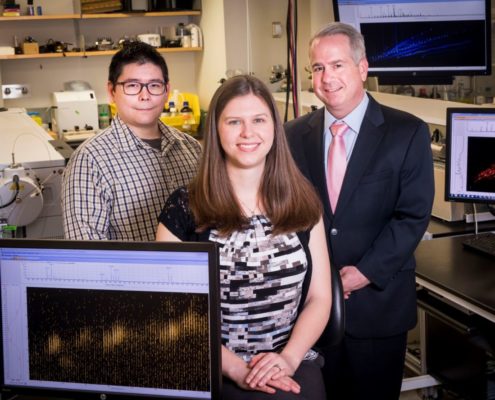
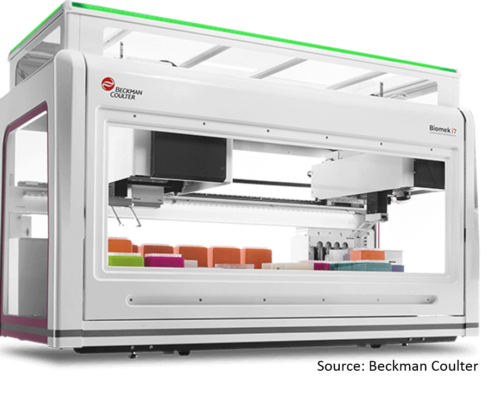
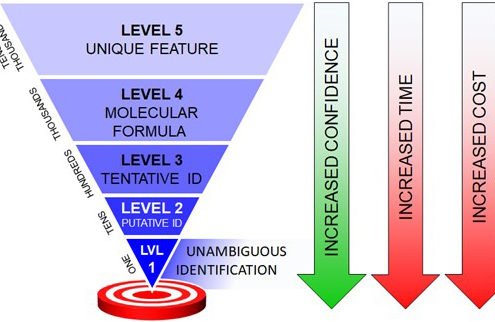
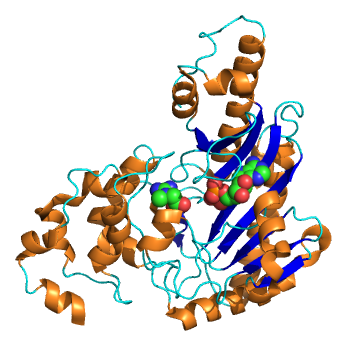

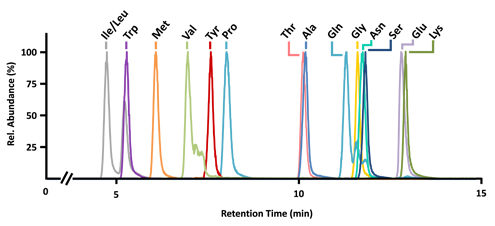

 Follow Us
Follow Us
